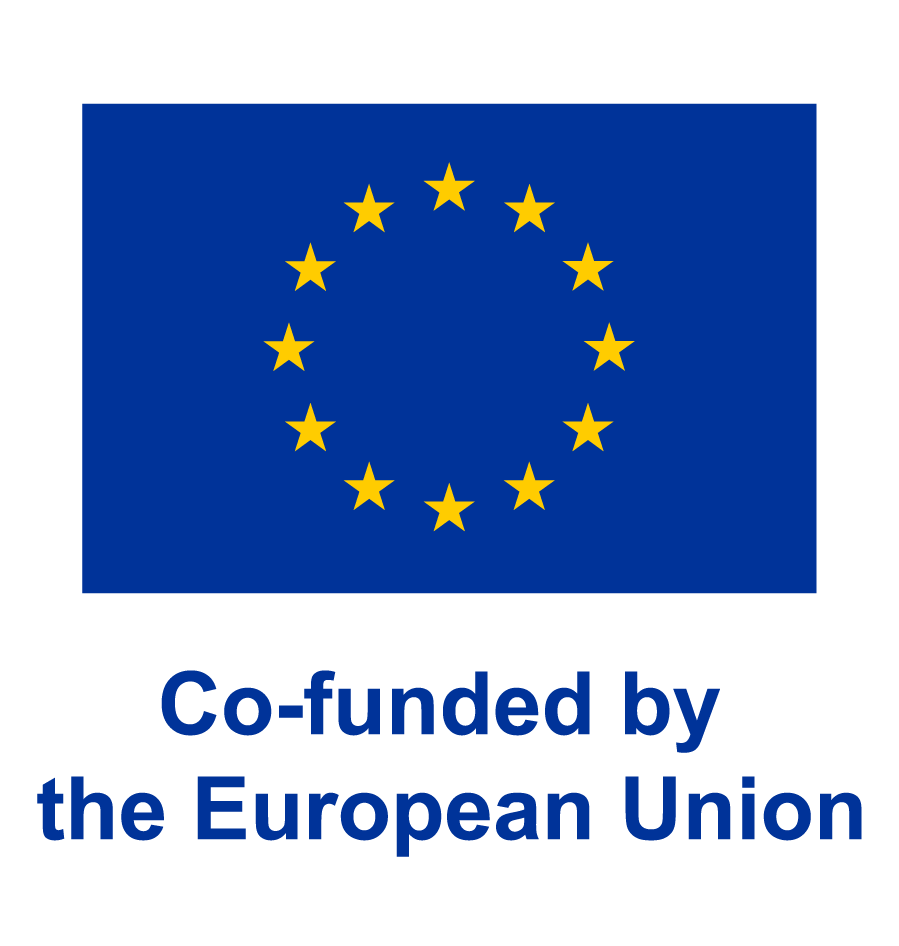- Project Number: 2020-1 -LU01-KA204-063239
- Start Date: 2020-12-01
- Date of Completion: 2022-11-30
- Project type: Erasmus+ KA2
- Project sector: Adult
- Project topic(s): Accessibility & Inclusion, Digital World, Training of Trainers
Project description
Disparity in financial literacy among European citizens represents a big challenge for the EU. Any commercial, economic or social action requires basic financial competences that many people lack. This becomes especially problematic for adults, as this lack of knowledge becomes a real obstacle when planning their economic life and trying to achieve entrepreneurial objectives.
Most financial literacy programs target children or highly educated youth in almost all of Europe, and adults are too often left behind in this scenario. FAIRLY targets the unemployed, NEETs, households, professional workers and in general all low skilled people who feel the need to learn more about the financial world.
The development of new and innovative materials on financial and anti-fraud skills will guarantee that adults get acquainted with the rising complexity of the financial system, credit institution procedures and the entrepreneurial world in general. Fairly will help to shape people’s mind-sets, attitudes and skills related to finances and the legal economy by engaging them in project learning activities as well as by providing them with the fundamental tools to recognize illegal conduct, fraud and other irregular economic mechanisms.
Project objectives
To increase the financial literacy of adults and their ability to deal with daily or lifelong economic/financial decisions
To increase the ability of adults to start a business and to cope with the related issues
To educate to the so-called “legal economy” above all in rural and less-developed areas
To increase the ability of adults to recognize financial “misconduct” to make right their financial or economic choices
To develop innovative education practices, with particular attention to the methodology and the development of educational ICT tools, such as smartphone apps.
Project results
There will be three main products developed during the 24 months of the project:
A legal economy training program
A training platform and an app
A practical guide for informed and safe financial choices.
Project partners
- Project Number: 2020-1 -LU01-KA204-063239
- Start Date: 2020-12-01
- Date of Completion: 2022-11-30
- Type of project: KA2
- Related topics: Accessibility & Inclusion, Digital World, Training of Trainers


- Project Number: 2020-1 -LU01-KA204-063239
- Start Date: 2020-12-01
- Date of Completion: 2022-11-30
- Project type: Erasmus+ KA2
- Project sector: Adult
- Project topic(s): Accessibility & Inclusion, Digital World, Training of Trainers
- Project Number: 2020-1 -LU01-KA204-063239
- Start Date: 2020-12-01
- Date of Completion: 2022-11-30
- Project type: Erasmus+ KA2
- Project sector: Adult
- Project topic(s): Accessibility & Inclusion, Digital World, Training of Trainers